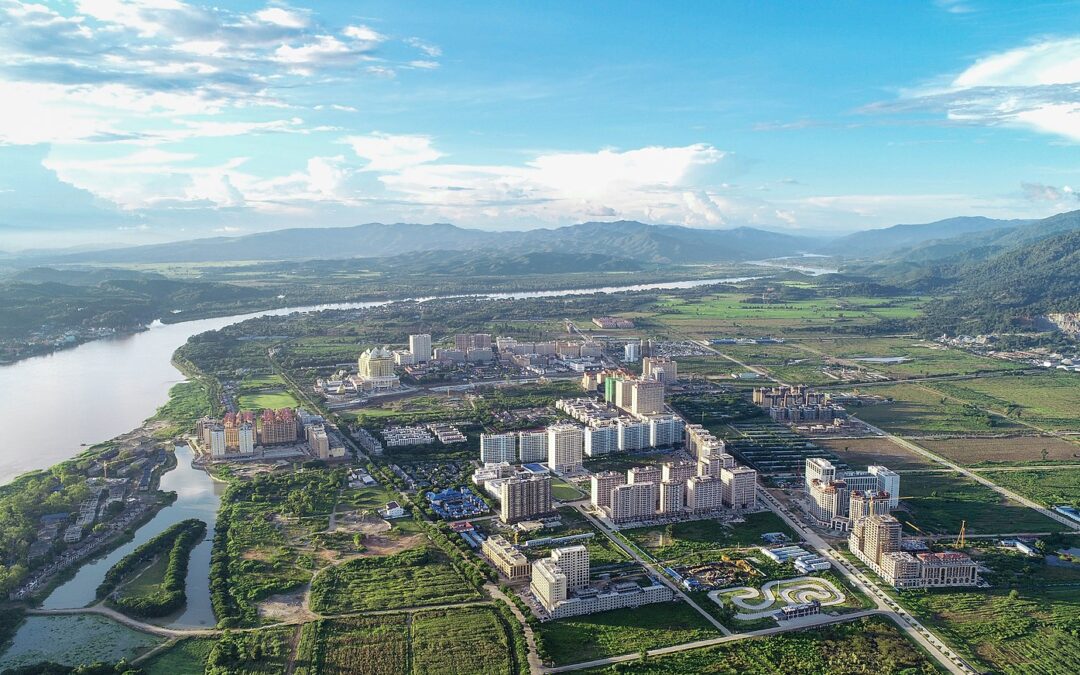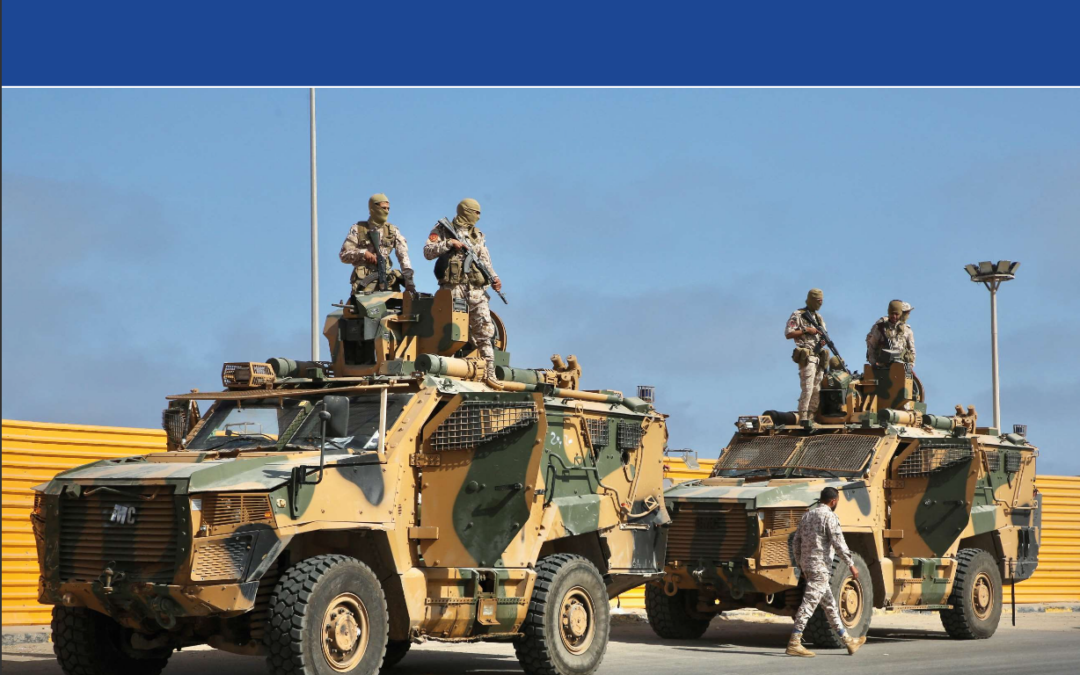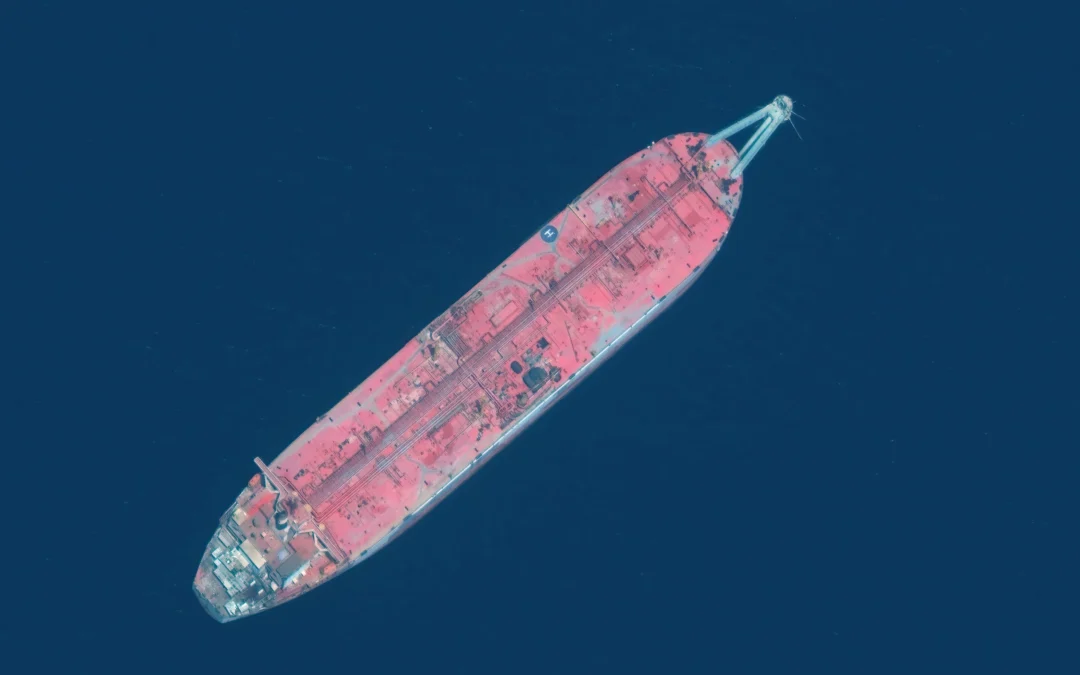
Jul 26, 2022
The governments in the Mekong region (including Cambodia, Laos, Myanmar, Thailand, and Vietnam), relevant United Nations agencies, the ASEAN Intergovernmental Commission on Human Rights, donor communities, development agencies, and private sector actors must take effective steps to address serious deficiencies in the policies and legal framework governing economic development in Special Economic Zones (SEZ), urged civil society actors at an online meeting organized by the International Commission of Jurists (ICJ), EarthRights International, and the Land Watch Thai on 19 July 2022.

Jul 20, 2022
In a briefing published today, the International Commission of Jurists cautions that the adoption of the proposed Constitution would return Tunisia to an autocratic constitutional order.

Jul 20, 2022
Ensuring that the military, security forces and intelligence services are accountable through civilian oversight and control is key to attaining political stability and enduring peace in Libya, the International Commission of Jurists (ICJ) said in a briefing paper published today.

Jul 19, 2022
The FSO Safer, an oil storage tanker moored 32 nautical miles from the key Yemeni port city of Hodeida, could explode or rupture at any time, threatening an environmental and humanitarian catastrophe, the United Nations has said.

Jul 8, 2022 | News
The practice of treating precious housing stock as a mere commodity for speculative investment, rather than as a critical social good needed to fulfill a human rights guarantee, has run rampant in many places in the world.









